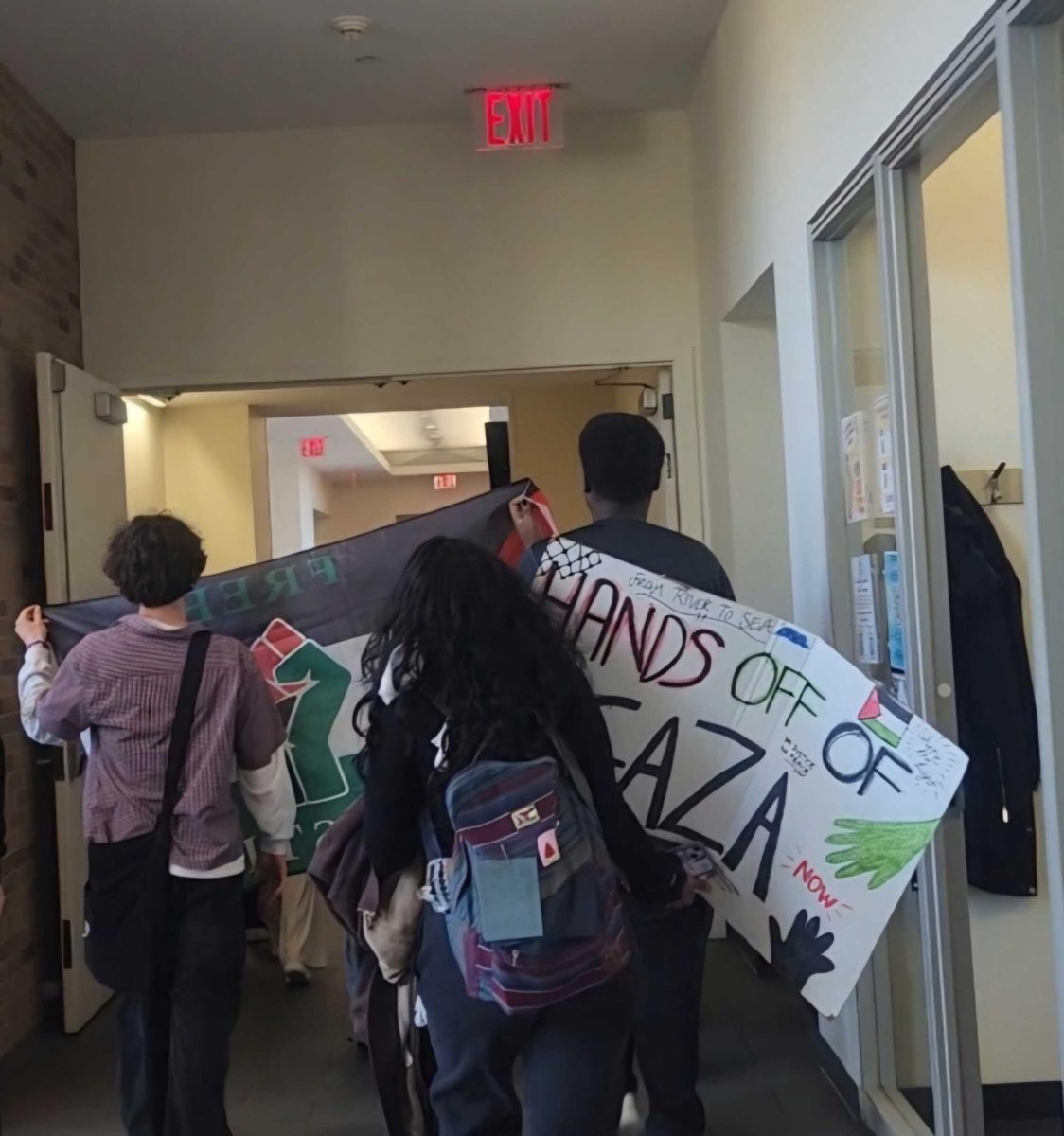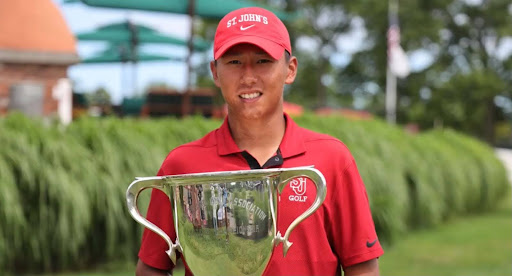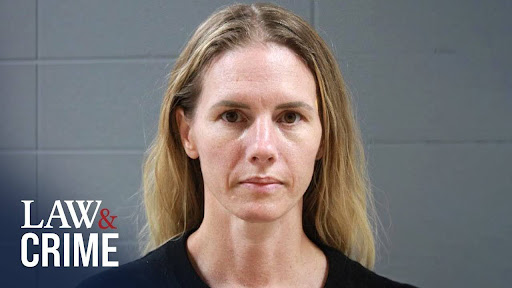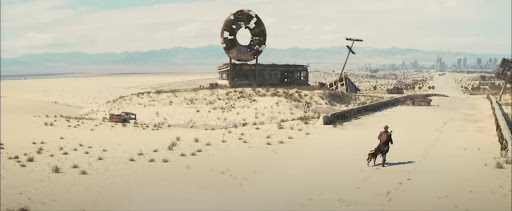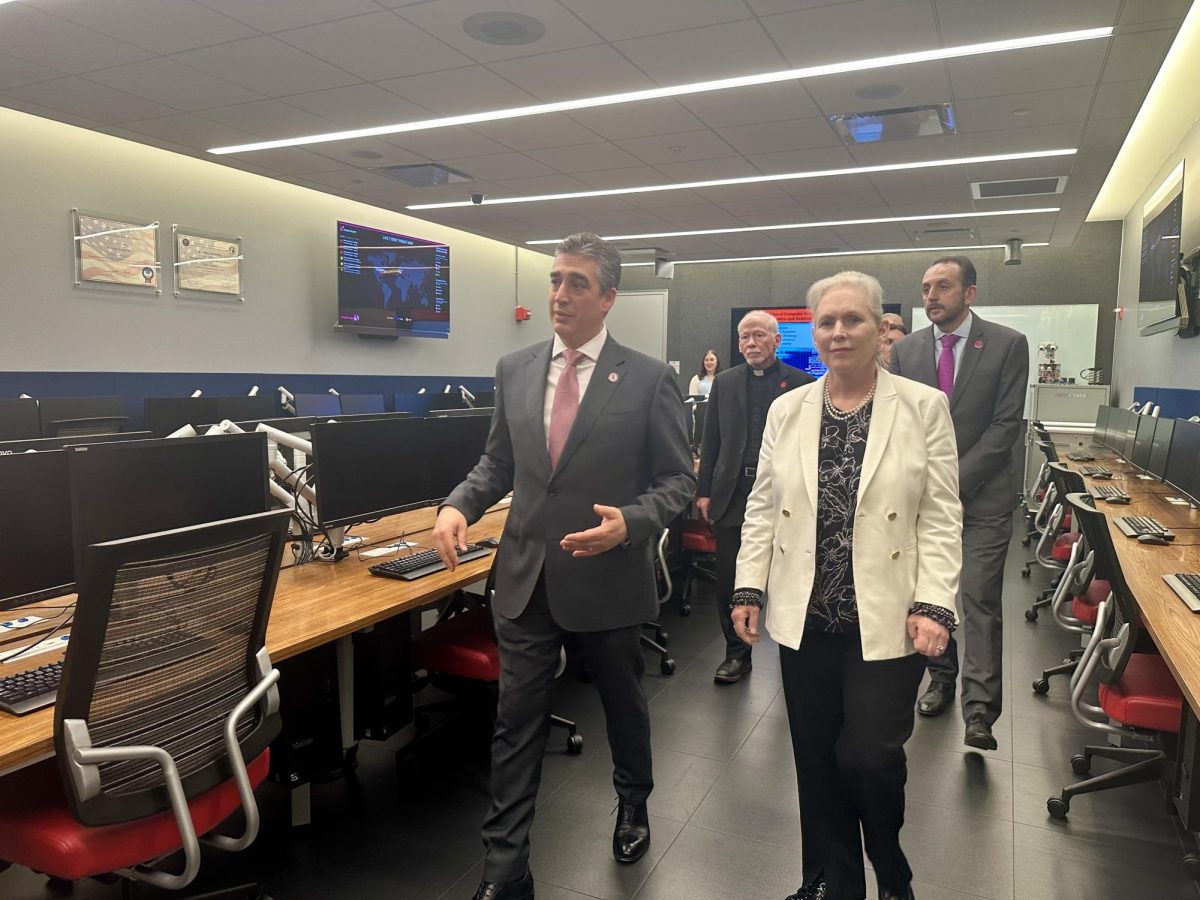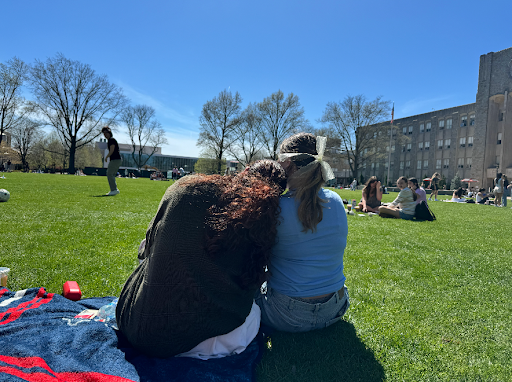More than 200 years ago, the first amendment was added to the United States Constitution, insisting upon the separation between church and state. Last Friday, the St. John’s Journal of Legal Commentary held its 14th annual symposium at the St. John’s School of Law to discuss how and why that separation has or has not been enforced in America today.
The six hour event, entitled “Religion and Morality in the Public Square: A symposium on philosophy, history, and law,” brought several of the nation’s leading experts on the subject under one roof. The event ran well, thanks in large part to Research and Symposium editor, Lecia Griepp, events manager, Karyn DiDominici, and event organizers professors Michael Simons and Nelson Tebbe.
Tebbe said that the symposium’s topic had been an idea since some time last year, and was easier to put together than organizers expected.
“This whole conference was the students’ idea,” he said. “They came to me a year ago and I said, ‘no, don’t do it, it’s a terrible topic,’ but they dragged me into it kicking and screaming and since then have dealt with every detail.”
The kicking and screaming did not last long, as Tebbe was able to get in touch with enough scholars to actually make his students’ idea a reality.
“When I got on the phone to try to get some people to come to this conference and speak, I was astonished when they started saying yes,” Tebbe said. “I don’t know why one would decide to do this, maybe it was based on religious faith.
“Lots of people said yes and without it we wouldn’t have had this tremendous day,” he added.
The symposium was held in the Moot Court room on the second floor of the St. John’s Law School. The event consisted of a morning panel discussion where professors Christopher Eberle, Kent Greenawalt, and Leslie Griffin discussed the place of religious conviction in people’s lives. The panel was followed by a luncheon, where New York Times religion columnist Peter Steinfels asked whether religious ignorance on the part of the government should be considered a crime against the first amendment.
Keynote speaker Noah Feldman, an author and professor of law at NYU, started off the event by commenting on the number of well-respected experts in attendance.
“It’s an honor, and also a bit daunting, to speak in front of such a distinguished group of scholars,” he said. “As I was going through the list of scholars and actually putting faces to names, I was realizing there is no one here who I haven’t relied on heavily in my own work.”
Simons moderated the afternoon panel of professors, which included Richard Garnett, Philip Hamburger, John T. McGreevy, and Bernadette Meyler. The panelists answered questions like “does our commitment to religious freedom protect not only individuals but institutions?” and “can the Bill of Rights protect religious communities?”
The Dean of St. John’s Law School, Mary Daly, had the final words of the event saying, “The discussion that we have had today is of utmost importance to our national life. How we resolve the questions we have discussed will continue to shape our democracy.”
Although there was a question and answer period, few students offered questions, leading to a discussion mainly dominated by professors and scholars.





